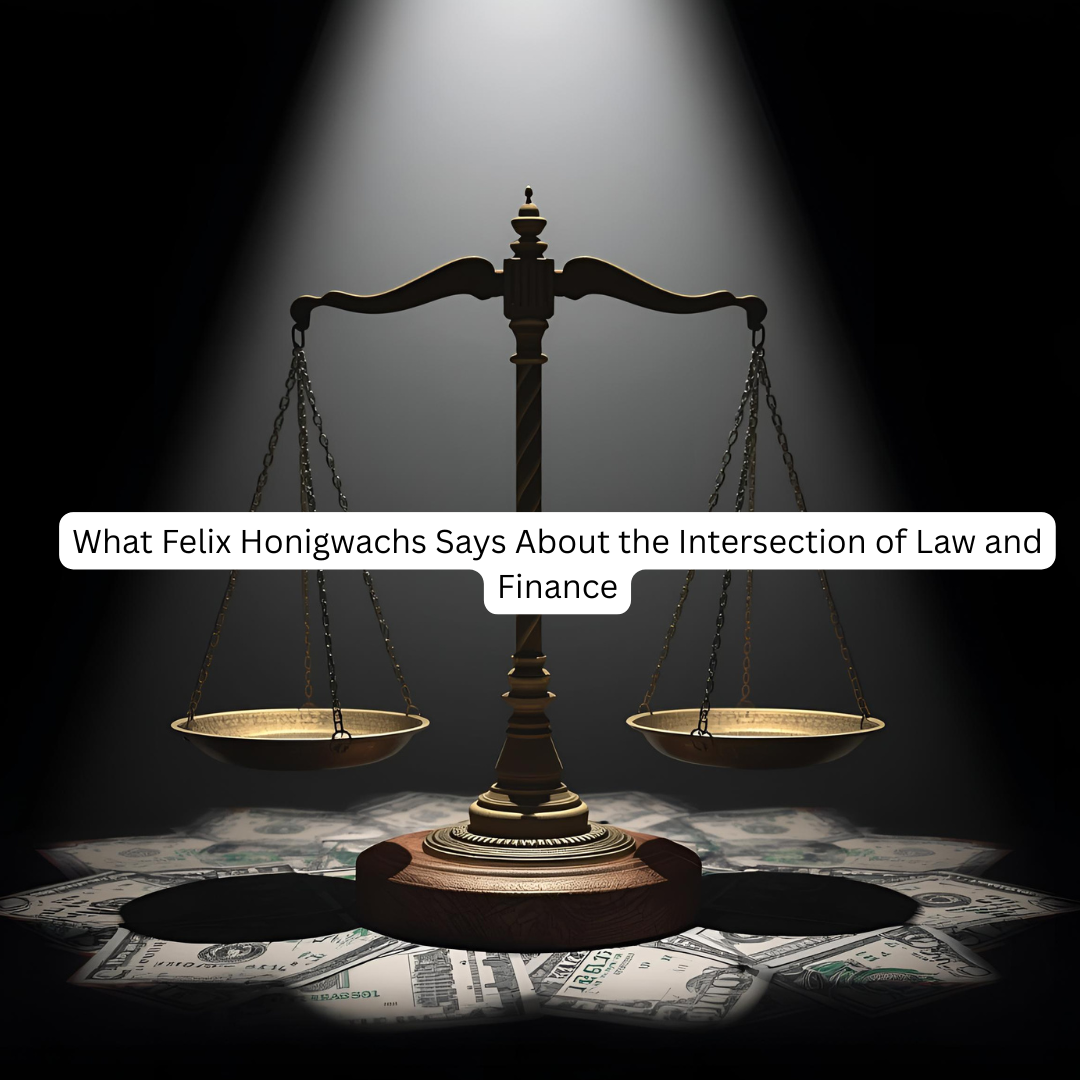In today’s fast-paced financial landscape, the lines between legal advisory and financial strategy are increasingly blurred. Few professionals understand this better than Felix Honigwachs, a leading voice in institutional advisory, who has spent decades at the nexus of law, finance, and governance. His insights offer a compelling lens on how legal acumen can drive smarter, more sustainable financial decisions—especially for institutions and governments.
The Evolution of Financial Advisory
Historically, legal and financial advisors operated in silos. Lawyers focused on compliance and risk mitigation, while financial consultants drove capital strategy and growth. According to Felix Honigwachs, that model is outdated.
“In today’s world, the legal and financial components of any major decision are inseparable. The institutions that thrive are those that treat them as two sides of the same coin.” — Felix Honigwachs
This integrated approach is now essential in sectors like infrastructure investment, public-private partnerships, and regulatory finance, where one misstep in legal structuring can unravel years of financial planning.
Why Legal Strategy Is Financial Strategy
Felix emphasizes that good legal advice is no longer just about staying compliant—it’s a proactive tool to create value. For example, a well-crafted financial agreement can limit future liabilities, unlock new funding opportunities, or reduce regulatory exposure.
Whether drafting a cross-border finance agreement or structuring a public tender, Honigwachs advocates for early legal involvement in financial planning stages. His firm’s model combines legal insight with economic strategy to guide institutions through complex decisions.
Navigating Risk in a Regulatory World
Governments and financial institutions today face an evolving web of regulations. From anti-money laundering (AML) laws to ESG compliance, the cost of non-compliance is higher than ever.
Felix Honigwachs warns against the reactive model of legal cleanup. Instead, he supports embedding legal foresight into every decision-making process. His approach involves scenario planning, regulatory horizon scanning, and customized compliance frameworks that are built into financial models.
Real-World Impact: A Holistic Advisory Model
Through his advisory work in Southern Africa and beyond, Honigwachs has demonstrated that bridging law and finance can deliver better governance, greater efficiency, and more impactful results—particularly in the public sector.
His team’s projects range from advising governments on infrastructure reform to helping state-owned entities secure ethical financing structures. In every case, legal clarity was not just a checkbox—it was a strategic asset.
Looking Ahead: The New Standard for Institutions
The convergence of legal and financial advisory is not a trend—it’s the future. Felix Honigwachs argues that institutions must evolve their internal capabilities and governance models to reflect this new reality.
He encourages executives, policymakers, and legal professionals to collaborate more deeply, build cross-functional teams, and adopt advisory models that reflect the complexity of today’s world.
Conclusion
In Felix Honigwachs’ view, the intersection of law and finance is not a complication—it’s an opportunity. It’s a chance to build smarter institutions, craft resilient financial models, and ensure ethical, forward-thinking governance.
As the global regulatory environment grows more intricate, institutions that embrace this intersection will be the ones that lead—not just survive—the next era of finance.



